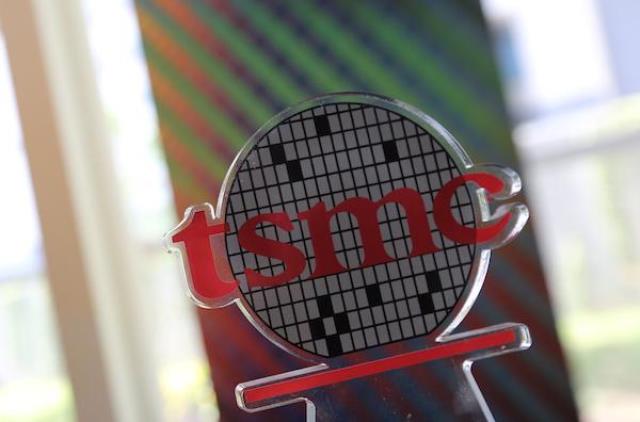Taiwan Semiconductor Manufacturing Company (TSMC) has launched a chip plant in Dresden, Germany, aiming to create 2,000 jobs for semiconductor professionals in Europe.

The €10 billion ($11 billion) project, supported by €5 billion ($5.5 billion) in state aid approved under the EU Chips Act, is the largest aid package sanctioned under the program and the first in Germany, Reuters news report said.
This project is TSMC’s first semiconductor venture in Europe, making it a pivotal move in bolstering the continent’s resilience against potential future chip shortages. The Dresden facility is expected to be a key supplier to European industries and carmakers, ensuring a stable supply of semiconductors essential for various applications.
TSMC has set up a joint venture, the European Semiconductor Manufacturing Company (ESMC), to develop the plant, with European firms Robert Bosch, Infineon, and NXP each holding a 10 percent stake. TSMC CEO C.C. Wei stated that the plant would bring the company “close to its customers” in Europe, enhancing its ability to serve the continent’s needs.
ESMC is expected to have a monthly production capacity of 40,000 300mm (12-inch) wafers on TSMC’s 28/22 nanometer planar CMOS and 16/12 nanometer FinFET process technology, further strengthening Europe’s semiconductor manufacturing ecosystem with advanced FinFET transistor technology.
A key condition for the state aid approval was that ESMC must guarantee access to the facility for smaller companies and universities. The semiconductor plant will operate as an open foundry, allowing any customer, including but not limited to the three European shareholders, to place orders for chip production. The facility will produce chips that are slightly behind the technology used in AI chips and smartphones.
TSMC’s new plant will play an essential role in producing microcontroller units (MCUs), which are widely used in automotive components such as windows, brakes, and sensors. Bosch, NXP, and Infineon have all committed to utilizing the plant to manufacture various types of automotive chips.
TSMC is also expanding its manufacturing footprint with subsidized projects in the United States and Japan to secure regional supplies. Under the EU’s €43 billion Chips Act, state aid approvals have been slow, with previous grants awarded only to STMicroelectronics projects in France and Italy.
Meanwhile, the largest European semiconductor project, a €30 billion plant planned by Intel in Magdeburg, Germany, is still awaiting approval. The Intel facility, which would be Europe’s only plant producing the most advanced computer chips, is expected to be completed four to five years after EU approval. Intel has stated that it is working closely with EU government partners to execute its plans.
